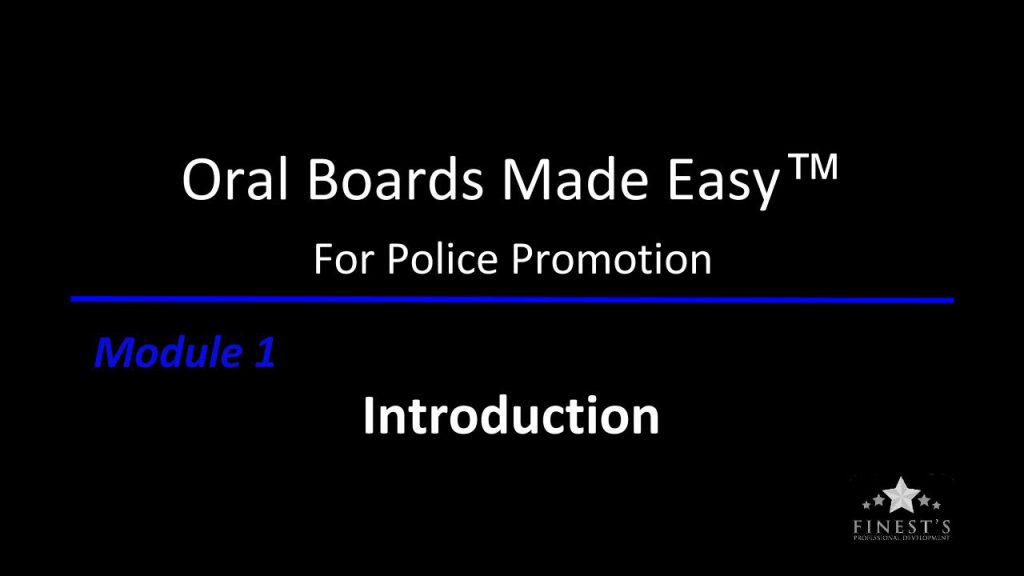POLICE ORAL BOARD, CORPORAL QUESTION:
"The first pillar of the President’s Task Force on 21st Century Policing is “Building Trust and Legitimacy”, how does that affect you as a corporal?"
Although the President’s Task Force on 21st Century Policing was published in 2015, it has experienced renewed attention as a result of the protests directed at police that surged throughout the latter half of 2020 and beyond. It is wise for candidates of all ranks to be familiar with the six pillars described in that report. The strong promotion candidate, however, will be not only well versed on the names of each pillar but also on how they can apply those concepts.. In this oral board answer demonstration I will focus on the first pillar “Building Trust and Legitimacy” and how that may be answered at a promotion oral board for the rank of corporal.
“If you are looking for a well designed assessment / oral interview study program this is the one. The program is very reasonably priced, so don’t risk your career watching free videos or just reading articles on line. If you’re serious about getting promoted, invest in your career and use The Oral Boards Made Easy program. It will help you get promoted.”
-Promoted to Lieutenant in Massachusetts
ANSWER TRANSCRIPT:
Trust and Legitimacy Oral Board Answer
“To understand the six pillars of the President’s Task Force on 21st Century Policing, we need to first understand how the report came about. In 2014 there were two high profile incidents in which police use of force was applied in incidents and citizen deaths occurred, one in New York City and one in Ferguson Missouri. These high-profile incidents resulted in wide-spread demonstrations throughout the country. Then-President Obama commissioned the task force at the end of 2014 to seek solutions toward more effective policing. Listening tours in various parts of the country were conducted and the final report was released six months later. This is relevant in light of the protests that have occurred since 2014.
The first principle of Building Trust and Legitimacy focuses on Procedural Justice as a means of advancing Trust and Legitimacy. Legitimacy can be described as the community’s confidence in their police as ethical, professional, and the appropriate entity to enforce the law and maintain social order within their community. When the community has that level of trust in their police, they are more likely to defer and/or cooperate with the police when circumstances of police engagement occur.
As a corporal, I recognize the importance of that objective and I and my team need to apply the tenets of procedural justice to achieve and maintain that legitimacy. The four major tenets of procedural justice are: (1) treating people with dignity and respect; (2) giving people a voice when interacting with the police, (3) being fair and neutral when making decisions, and (4) having trustworthy intentions that reflect caring for the community. I have made these tenets a cornerstone of my current interactions with the public. As a corporal I have the opportunity to influence the officers that I am supervising to appreciate the importance and benefits of procedural justice behaviors towards trust building with the community. High trust between the police and community is in everyone’s best interest.
To create that influence with my officers I will not only demonstrate procedural justice with members of the community, but also with the officers that I supervise. When these officers experience being on the receiving end of procedural justice behaviors they are more likely to appreciate the value that the approach has in human interactions.
That is my understanding of the Building Trust and Legitimacy pillar and how I will advance trust as a corporal.”








